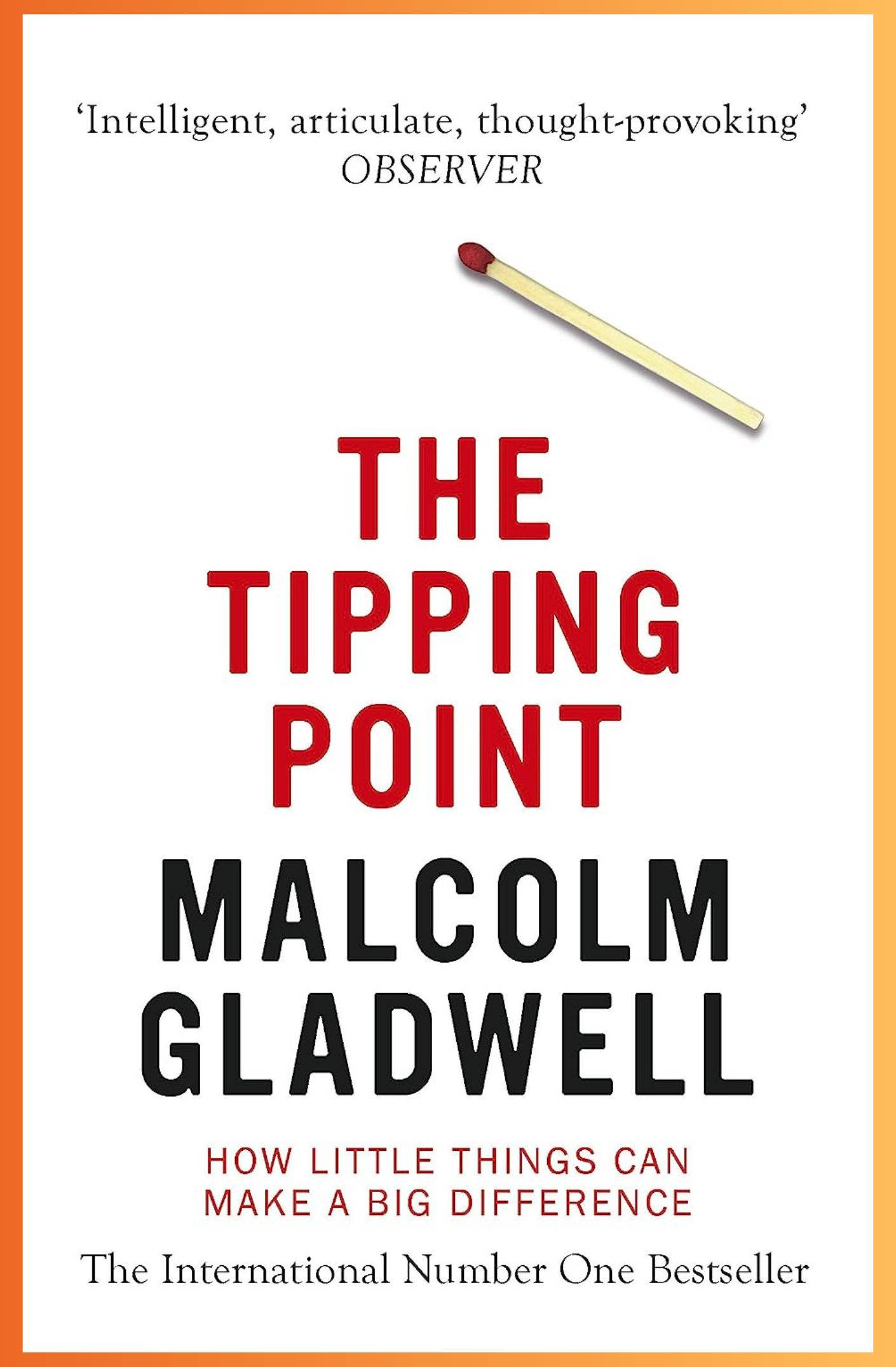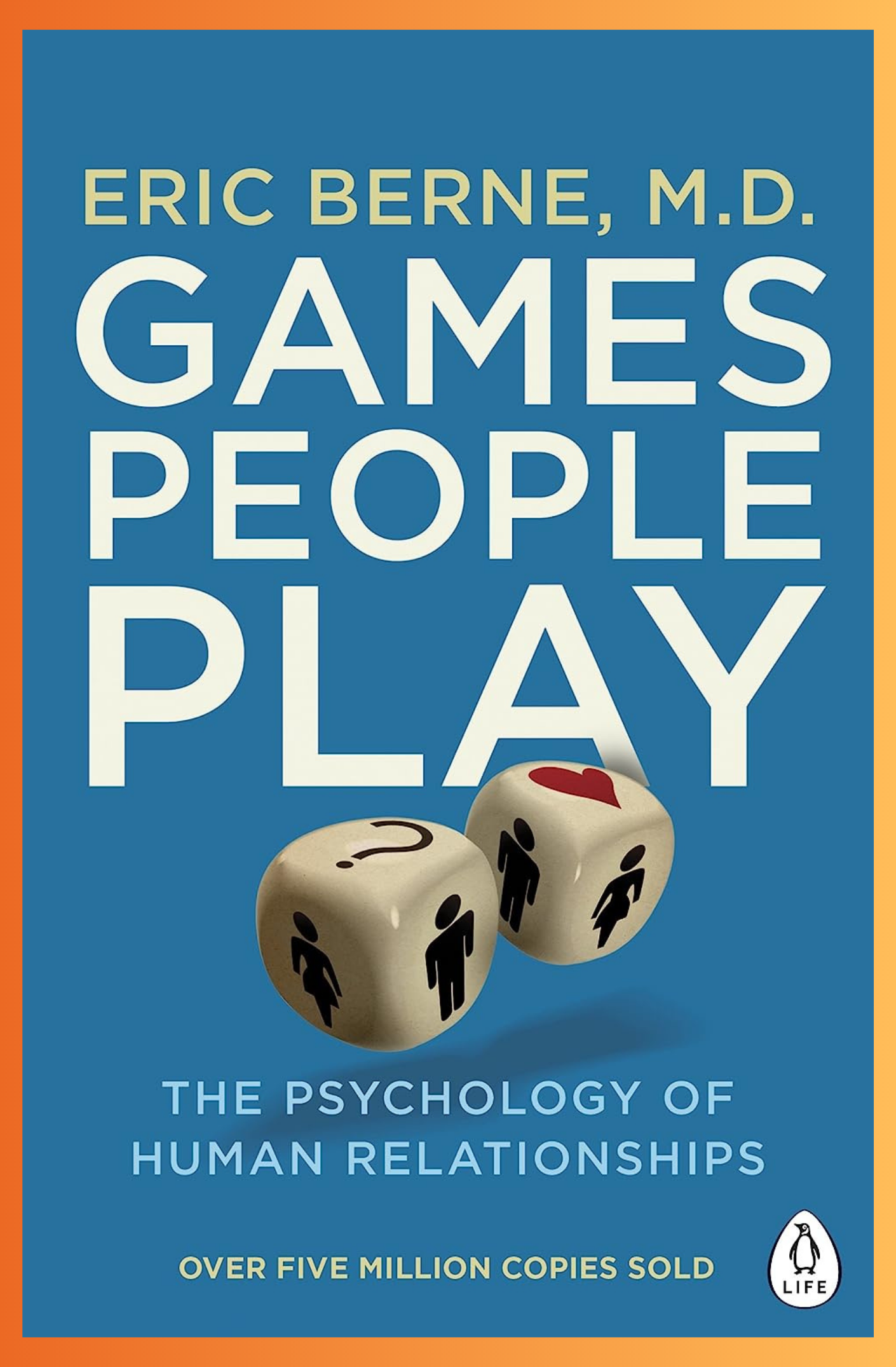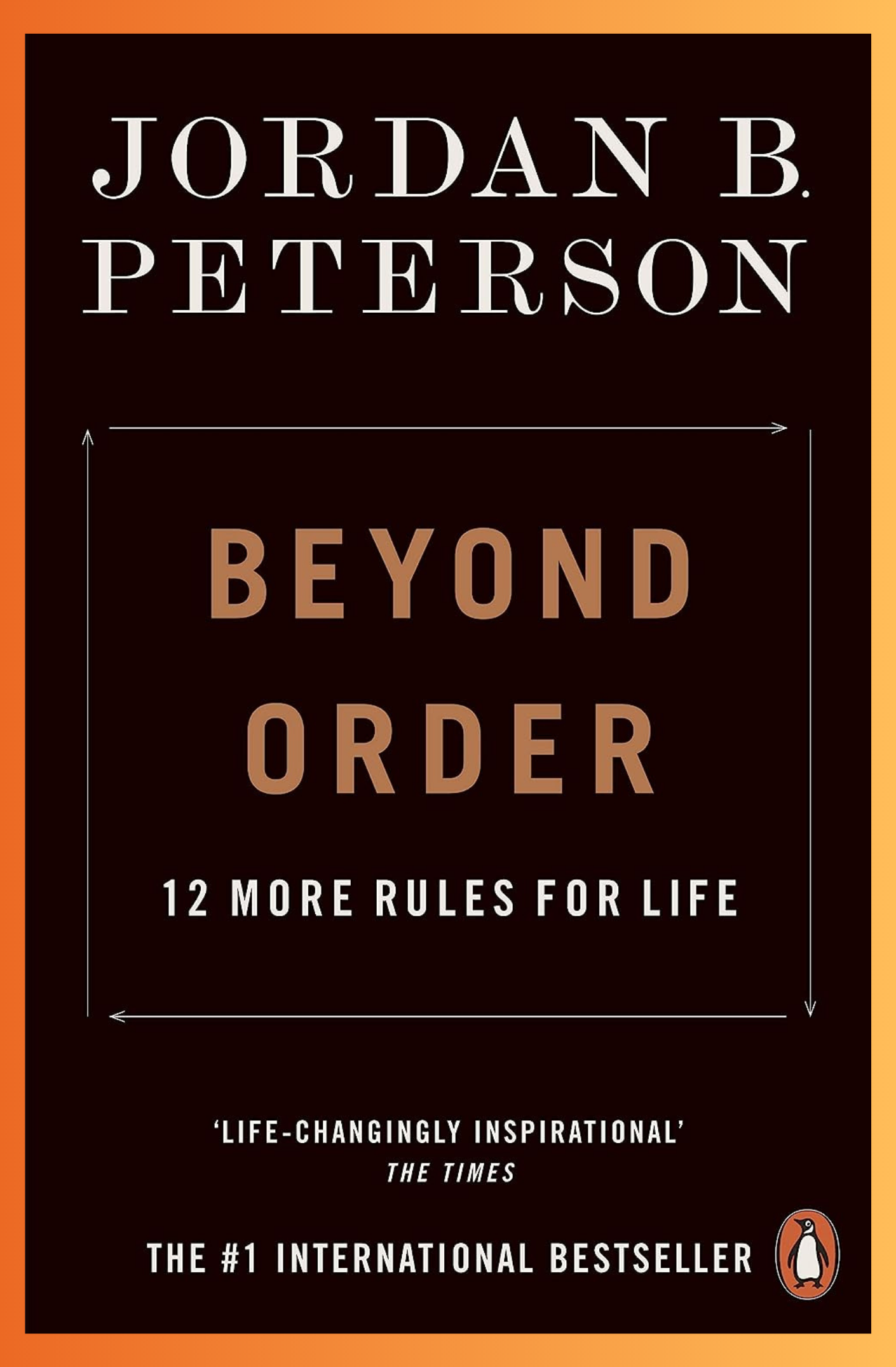Achology Articles
Challenge your thinking, be inspired and expand your outlook on life with Achology articles! We've gathered together the most thought-provoking articles from the world's greatest thinkers.
Decoding the Mind: Understanding Sigmund Freud’s Defence Mechanisms
by Jackson Hartley
In this article you will read about
People often use defense mechanisms as a way to cope with difficult situations and environments. These behaviors, which can be conscious or subconscious, are employed by people to protect themselves from emotional distress. By understanding how defense mechanisms work and the effect they may have on our behavior, we can learn to better manage our internal thoughts and external responses in a more constructive manner.
We’ve all been in a position where we wanted something that wasn’t given to us. Or put into an uncomfortable social situation. Maybe you had a big fight with someone close to you? Often, when these uncertain moments creep up upon us, our mind and body instinctively creates protective responses so as to better cope with the unpleasant emotions associated with them.
Although defense mechanisms may seem helpful in the moment, their long-term consequences can be detrimental. Habitual use of these coping strategies diminishes our aptitude for tackling everyday adversities and hinders our ability to effectively navigate life’s obstacles.
It is beneficial to be conscious of our own tendencies, habits, and defense mechanisms so that we can detect them in the actions of others. If you ever find yourself feeling overwhelmed when challenged with problems or making excuses for your behaviour – even laughing at moments that aren’t funny – it’s time to become aware of these behavioural patterns. By being mindful of ourselves, we can better understand how others may be reacting as well.
Defence Mechanisms at Work
In order to shield ourselves from anxiousness and guilt that come into play when our sense of safety is jeopardized or we feel as though someone has challenged our self-esteem, defence mechanisms naturally kick in. It’s essential to bear in mind that these reactions are not part of a conscious decision but rather an instinctive process.
We may never be able to completely rid ourselves of our protective mechanisms, but we can learn how to regulate them as we build up character and strength in self-control. Our defense mechanisms are similar to preloaded firmware which has been developed into us since birth. But with more awareness about ourselves, we can comprehend the ways these reactions help or hurt us emotionally and overall contribute towards our mental health.
Let’s explore some of the most common defence mechanisms that most of us will be able to recognise as being habitual patterns of behaviour in our lives:
Defence Mechanism #1 DENIAL
Defense mechanisms are an effective way of shielding ourselves from tough situations. When faced with something we cannot accept, it’s natural for us to deny its existence. By doing so, we protect ourselves from potentially unpalatable consequences of our actions. To justify these reflexes, people make up stories – usually using denial as a defense mechanism to cope better.
Denial can take many forms: from an outright dismissal of the truth, to a reduction of a certain facts importance. People may accept reality yet reject taking responsibility for it, instead shifting blame onto other external factors. Regardless of how denial manifests itself, it is a powerful force that denies us our full understanding and experience in life. Being mindful of denial is key to understanding that while this dodge might offer short-term comfort, it will block us from making necessary alterations in the long run and can create other unfavorable results.
Defence Mechanism #2 REPRESSION
Denial and repression are two sides of the same coin. With denial, one may adamantly reject a given reality while with repression, memories could be suppressed unknowingly to avoid painful reminders from entering into conscious awareness. Repression happens when a person’s mind chooses to bury any memory that is associated with an undesirable life experience or outcome.
Many people suppress painful memories from childhood, such as abuse or traumatic events. This psychological mechanism provides a sense of temporary relief but can later lead to unresolved issues if the experiences are not acknowledged and processed in a healthy way. Repression often accompanies denial; both mechanisms act to protect us from being overwhelmed by emotions, yet ultimately hinder our ability for growth down the line.
Defence Mechanism #3 ACTING OUT
Acting out is performing an extreme behavior to express thoughts or feelings we feel incapable of otherwise expressing. Instead of saying, “I’m angry with you right now,” those who act out might instead “kick the cat,” throw an object at someone, or even punch a hole in the wall.
Acting out serves as a “pressure release” and can make those who use this mechanism feel immediately relaxed. Think about when children throw temper tantrums because they don’t get what they want from their parents. Damaging items or mistreating people due to not having sophisticated ways of getting the things they crave; these are examples of acting out.
Defence Mechanism #4 DISSOCIATION
Dissociation is a defense mechanism that involves the separation of certain ideas or emotions from a person’s awareness. This can be especially useful when dealing with difficult situations or traumatic memories. For example, if you experienced a traumatic event and wanted to avoid thinking about it or being overwhelmed by emotion, dissociation allows you to separate yourself from the painful experience and disconnect your current self from the past event.
At its most extreme, dissociation can make a person believe in their own distorted reality instead of actuality. Those who experience it often feel completely disconnected from themselves and the role they play in life; subsequently, they mentally ‘disconnect’ from the world to escape troublesome emotions or memories. Paradoxically, this detachment is an effective avoidance tactic which enables people to avoid responsibility for their actions.
Defence Mechanism #5 DISPLACEMENT
Have you ever endured a stressful day at work, then come home and take out your frustration on your family or friends? What about a time where you argued with your partner, then got in your car and found your patience being stretched with every other driver on the road? With displacement, we transfer our emotions from the person who is the target of our frustration onto someone else or something else that has nothing to do with our original offence.
Displacement can be seen in situations like when someone is feeling angry and instead of directing their anger at the person they are mad at, they take their frustrations out on an object such as a pillow or breakable item. This can also occur when someone transfers their anger onto another person that is not related to the original problem. In both cases, displacement can allow people to manage uncomfortable emotions without hurting themselves or others.
Displacement is a temptation as it allows us to escape the root cause of our distress and redirect our attention toward someone or something less intimidating instead. Although displacement may save us from making any rash mistakes, such as putting ourselves in an irreversible situation at work, it does nothing to help manage our negative emotions. In fact, this often results in hurting those who have not done anything wrong – which is ultimately counterproductive for resolving whatever grievances we are facing.
Defence Mechanism #6 PROJECTION
Projection is a defense mechanism in which a person projects unwanted or unpleasant thoughts, feelings, or impulses onto another person or object. This can be seen in situations where someone is feeling guilty about something they have done and instead of accepting the guilt, they will try to blame these negative emotions on someone else.
This defense mechanism can also involve projecting negative attributes onto others that are actually true of oneself such as accusing someone else of being untrustworthy when they themselves don’t trust other people. In doing so, a person may be able to avoid facing their own issues or shortcomings by creating distance between themselves and their flaws.
Defence Mechanism #7 REACTION FORMATION
Reaction formation is a defense mechanism in which a person forms an attitude or behavior that is the opposite of their true feelings about a particular situation. This can be seen in situations where someone is feeling uncomfortable with certain urges or desires and will form another reaction to mask their true feelings. For example, if someone is feeling envious of another person’s success, they may express admiration and kindness towards them in order to hide the envy they are feeling. By doing so, the individual can protect themselves from feeling guilty while also avoiding any unpleasant confrontations with the other person.
With the reaction formation defence mechanism, we transcend beyond denial and act or behave in the opposite way to which we think and feel. Typically, reaction formation is marked by a blatant and very ‘over the top’ display of emotionally led action. Behavior due to reaction formation is often hugely exaggerated, compulsive and inflexible. Reaction formation behaviours don’t vary due to changes in emotion as do natural behaviours.
For instance, when a dad feels guilty for his anger towards his kid, he may overcompensate by displaying ostentatious affection to the child under any circumstance. Counselors are able to identify these types of chemical reactions in their clients who insist on believing specific things and become exceedingly disturbed if someone else dares to suggest anything different.
Defence Mechanism #8 REGRESSION
Regression is like a form of childlike retreat, in which a person reverts to an earlier stage of development, behavior, or thought process. This can be seen in situations where someone is feeling overwhelmed and instead of finding an appropriate way to cope with their current emotions, they will retreat into their past by engaging in behaviors that may have worked for them during an earlier time in their life. This includes behaviors such as excessive reliance on others for comfort or becoming overly stubborn when faced with challenges.
By regressing, the individual may end up going back to an earlier stage and reenacting an age when they felt safe or where their everyday challenges would be handled by a parent. In Freud’s view, a person’s past will often explain regressive behaviours. Imagine, for example, arguing with your partner, and instead of using mature communication skills, you stomp off, slam the door and give your partner the cold shoulder. Regression is a defensive and childlike behaviour response which often ends up escalating problems beyond what was started with.
Defence Mechanism #9 RATIONALISATION
When we attempt to make sense of our counterproductive behaviors, rationalisation often results. Rationalisations are just attempts at justifying inappropriate or destructive behavior in a logical manner. According to Freud’s psychoanalytic theory, this tactic is frequently used unconsciously as a means of evading addressing the root cause behind an initial reaction.
Rationalizing an event, situation, or even a failed relationship might help some individuals to “save face,” maintain self-respect, or avoid guilt over something thoughtless they have done. In many cases, rationalization is not harmful; rather, it is a state of continuous self-deception when a person consistently makes excuses for their destructive and selfish behaviors.
Defence Mechanism #10 SUBLIMATION
Sublimation is a defense mechanism in which a person takes unpleasant or unacceptable impulses and directs them into productive outlets or more socially acceptable activities. This can be seen in situations where someone has strong desires but instead of expressing these desires directly, they channel their energy into something productive or creative.
For example, if someone is feeling angry and frustrated, they may take up painting as an outlet to release their pent-up emotion and express their feelings without causing harm or engaging in negative behavior. Sublimation gives individuals the opportunity to channel difficult emotions into behaviors that are constructive and beneficial for themselves and those around them.
Sublimation is a form of displacement, except this time in the right direction. When instead of destroying something or lashing out, we divert our feelings into an activity such as music or art. Imagine your friend gets into a quarrel with their partner and decides to take it out on writing some lyrics as opposed to throwing punches? If used responsibly when there’s nothing you can do about certain situations, then sublimation can be beneficial. However if employed regularly for avoiding issues that need resolution – these could have unfavorable results instead.
Defence Mechanism #11 INTELLECTUALISATION
Intellectualisation helps to decrease our anxiousness by adopting an analytical, detached mindset. This psychological defense mechanism allows us to ignore the feelings associated with a situation and instead concentrate solely on its intellectual elements.
Intellectualising can be beneficial in some cases as it can help people take a step back from an emotional situation and think more objectively about it. If used too often however, people may find themselves avoiding uncomfortable situations due to their fear of feeling overwhelmed. For instance, when a person is diagnosed with a terminal illness, they might try to avoid the truth by learning as much as possible about the disease in an effort to detach from their diagnosis and fear. This allows them to remain emotionally removed from what’s happening.
When faced with a difficult situation, instead of dealing with our emotions and confronting the reality of the issue, intellectualisation encourages us to remain detached by focusing on abstract ideas. For example, if someone is about to go into a job interview, they might intellectualise that experience by thinking about it in terms of what knowledge or skills they need to answer questions rather than how anxious or scared they may feel.
Freud’s Defence Mechanisms; In summary
In summary, defence mechanisms play a considerable role in our everyday lives. They help us to self-regulate and cope with stressful situations, difficult emotions and painful experiences. By acting as a form of psychological self-protection, defence mechanisms allow us to protect ourselves from potentially overwhelming or damaging stimuli. They provide us with a mechanism for dealing with things we feel unable to express or deal with directly.
Even if we are not proclaimed students of psychoanalysis, it is difficult not to acknowledge the truth that we all engage in “some form” of self-deception some of the time! The question is, though, can you detect the defensive form of deception that either you, your friends, clients, colleagues, or family are using at any given moment in time?
Start your achology journey today.





















